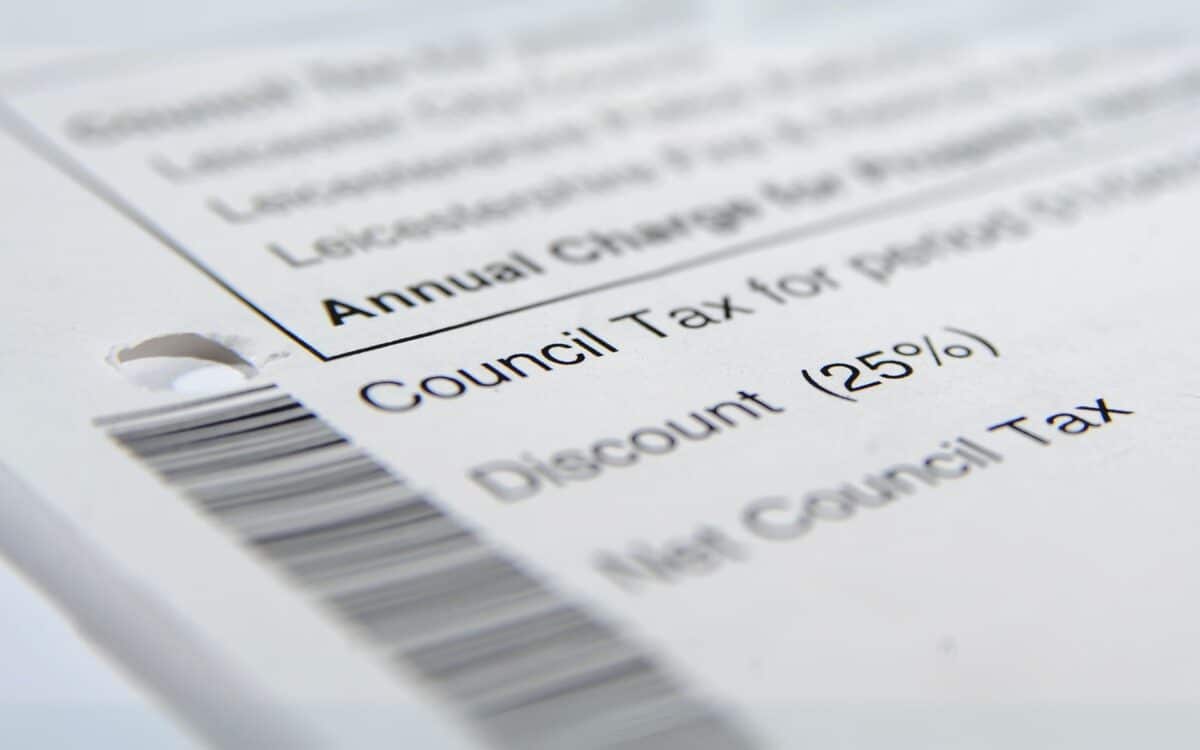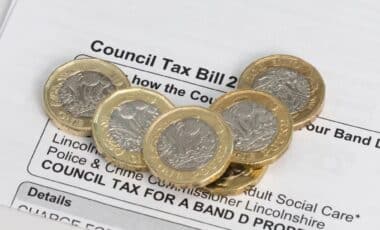Millions of households across the UK will see their council tax bills increase by more than 5% after the government approved requests from struggling local authorities to implement larger hikes. Several councils in financial distress have been granted special permission to exceed the standard cap, leading to significant cost increases for residents.
Larger-Than-Usual Increases for Struggling Councils
Under current regulations, councils in England can raise council tax by up to 4.99% without triggering a local referendum. However, some councils dealing with extreme budget deficits have been allowed to go beyond this limit.
Among the councils facing steeper increases are :
- Birmingham City Council – declared effective bankruptcy in 2023, citing a £1 billion deficit.
- Nottingham City Council – struggling with financial shortfalls following governance and budgeting issues.
- Slough and Thurrock Councils – already under government intervention due to financial mismanagement.
These councils argue that without additional revenue from council tax, essential services such as social care, education, and public transport would face further cuts.
Households Under Growing Financial Strain
For many households, this tax increase comes amid already mounting cost-of-living pressures. Rising energy bills, food prices, and mortgage rates have left many struggling to keep up with monthly expenses.
Some of the key financial pressures residents face include:
- Higher energy bills due to inflation and global market fluctuations.
- Increased mortgage and rent costs, impacting affordability.
- Rising food and fuel prices, adding to household expenditure.
- Reductions in public services, meaning people may pay more but receive fewer benefits.
Critics argue that these tax hikes will disproportionately affect low-income households, particularly in areas where services have already been reduced. Some campaigners have called for alternative funding solutions, such as greater central government support or new revenue models for local authorities.
Government Response and Public Reaction
The UK government has defended its decision, stating that councils must take greater responsibility for managing their finances. A spokesperson emphasized that while the government provides funding, local authorities must ensure their budgets remain sustainable.
However, local leaders have voiced frustration, arguing that years of underfunding have forced them into this situation. Many councils have already cut services, reduced staff, and sold public assets in an effort to balance their books.
Public reaction has been mixed :
- Some residents feel frustrated, questioning whether services will improve despite the tax hike.
- Others see the increase as necessary, recognising that councils face difficult financial choices.
- Opposition parties argue that the government should have done more to prevent councils from reaching this crisis point.
How Much Will Council Tax Increase? Key Figures
While exact increases vary across councils, several key figures provide a clearer picture of the financial impact on households :
- Exact percentage increases in council tax by council
- Example: Birmingham City Council could raise council tax by 10% or more, while others remain around 5% to 6%.
- Average increase per household
- Example : A 5% increase could mean an additional £100 to £200 per year for an average Band D household.
- Exact number of councils affected
- Some reports indicate that six councils have been granted permission to raise council tax beyond the usual cap.
- Precise budget deficits of certain councils
- Example : Birmingham City Council is facing a £1 billion deficit, which led to it declaring effective bankruptcy in 2023.
Why Are Councils Struggling Financially?
Many councils are facing increasing financial difficulties, with several key factors contributing to the crisis :
- Historical comparison of council tax increases
- Council tax rises have averaged 3% to 4% per year in recent years, but this year’s hikes are more significant due to the local government financial crisis.
- Why these councils are in financial trouble
- Many councils are struggling financially due to inflation, reductions in government funding, and rising costs of public services, particularly in social care and housing.
- Real-life impacts on public services
- Cuts to bin collections, library closures, the scrapping of social programmes, and budget reductions in local schools.
If these financial pressures continue without significant intervention, councils may be forced to implement even deeper cuts, further diminishing the quality of essential public services that millions rely on.









